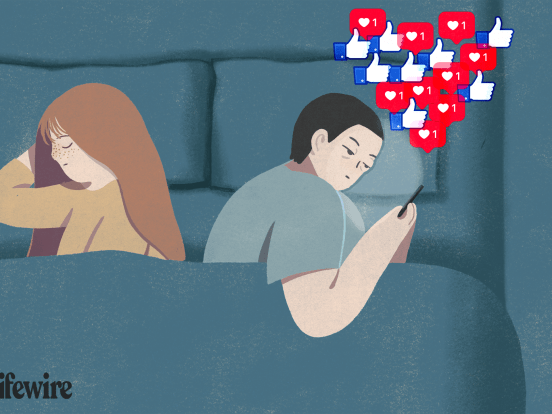The rise of social media has led to an unprecedented decline in mental health across society. While there is real utility in connecting people together, commercial incentives have turned Facebook and Twitter into a trap, built to capture attention and addict you to behaviour that is very bad for you in the long term.
Here are five ways you can combat this trend to improve your mental health.
1. Find out what’s working for you
Social media platforms come in different forms, and each has its own strengths and weaknesses. It’s important to know what’s working best for you at this point in your life. For example, if you’re feeling lonely and isolated, maybe you could use a platform such as Twitter to connect with others in your area. Or if you’re feeling stressed out, Facebook might be a better choice. This way, you’ll feel better about the time you spend on these platforms.
2. Log out of your accounts a few times a day
It’s easy to become addicted to your daily social media routine. If you prefer to use Facebook, for example, you might constantly check the site throughout the day and even at night. Before bed, you might find yourself looking at your “news feed” one last time before you’re ready to sleep. But this can be detrimental to your mental health.
Experts recommend that you log out of your accounts a few times a day. This way, you’re not always able to access these platforms when you want to. It’ll also help you to avoid the risk of developing a problem with them. If it’s a problem for you, you might even consider temporarily cutting yourself off from these platforms altogether.
3. Don’t believe everything you read
Research has shown that when you read others’ updates and status updates on social media, it can increase your stress levels and make you feel more isolated. If you’re feeling down, you might be inclined to keep scrolling down, but this isn’t good for your mental health. You need to try to avoid spending too much time reading others’ updates.
4. Be aware of your emotions
When you spend time on these platforms, you might find yourself getting upset over things that you read. For example, you might read another person’s post about their holiday or a family reunion, and you might start to feel jealous and upset that you’re not experiencing these things for yourself. When you feel this way, you might find yourself comparing yourself to others and feeling worse about yourself.
It’s important to try to avoid these negative emotional responses as much as possible. Don’t read other people’s posts if you’re easily upset, and don’t compare yourself to them. Instead, use these platforms to connect with others when you feel lonely and isolated, and you’ll find that they can be very helpful in improving your mental health.
5. Remove yourself from the online negativity
There’s no doubt that social media can be a source of negativity. Whether it’s bullying, abusive relationships, or unkind comments, these problems can affect the way you feel and even trigger mood disorders like anxiety and depression. Try to avoid the negative side as much as possible – if it’s stressful, just walk away.
If you want better social connections in your life, the good news is that with hard work it’s possible to make it happen.






Comments by yang